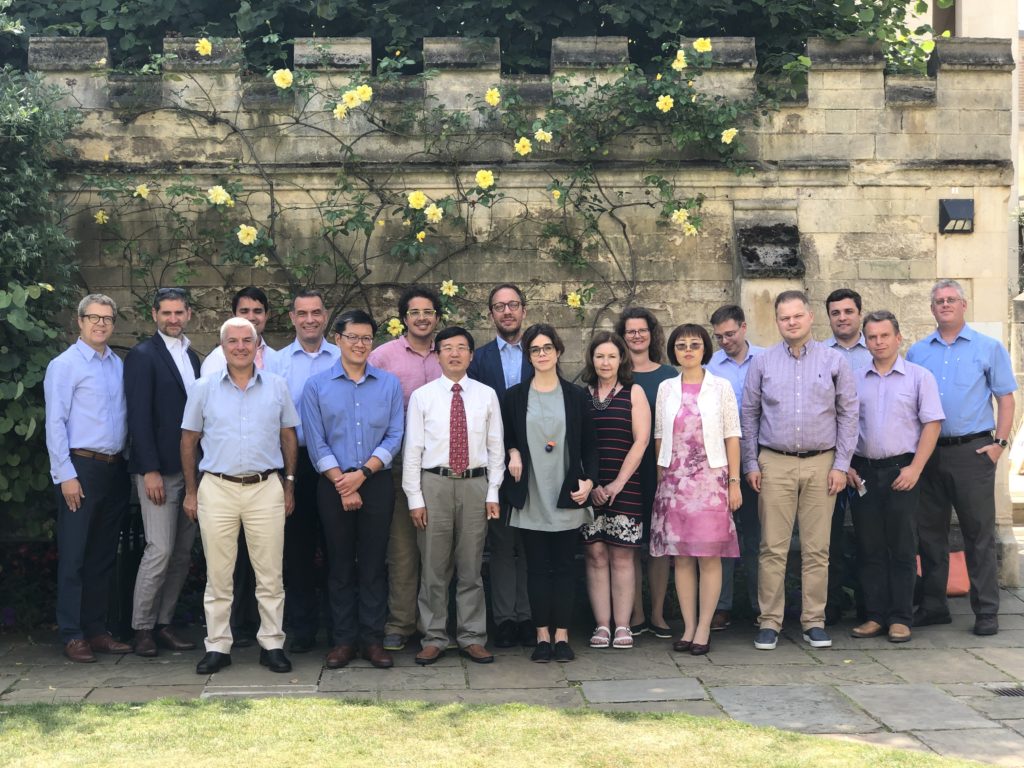In recent years, the phenomenon of being “ghosted”—a term denoting the abrupt cessation of communication without explanation—has permeated both personal relationships and broader social interactions. This phenomenon not only conveys a sense of alienation but speaks to deeper concerns regarding dignity and human connection. Viewing this contemporary challenge through the lens of Bahá’í teachings offers unique insights on the inherent worth of every individual and the necessity of nurturing connections that honor this intrinsic value.
At its core, the Bahá’í Faith underscores the principle of human dignity, asserting that every individual possesses an inherent nobility and value. This perspective offers a transformative lens through which we can examine the act of ghosting, considering its implications not just on the individuals involved but also on the fabric of society itself. The Bahá’í teachings encourage individuals to reflect on the disruptive nature of ghosting, inviting a reconsideration of how such actions may be incongruent with the ideals of empathy, compassion, and community.
In Bahá’í literature, the concept of dignity is expounded upon as an essential facet of human identity. Abdu’l-Bahá, a central figure in the Bahá’í Faith, teaches that human beings are created to reflect the attributes of God, and thus each individual should be regarded with the utmost respect and honor. This assertion prompts a critical examination of ghosting, which, by its very nature, undermines this respect. When one person ceases communication, dismissing the thoughts and feelings of another, it not only inflicts emotional turmoil on the ghosted individual but also diminishes the ghoster’s own humanity, trapping them within a cycle of disconnection.
The act of ghosting can be perceived as a societal malaise, reflecting a broader trend toward superficiality in human relationships. It is essential to probe the motivations behind such actions. Fear of confrontation, a desire to avoid discomfort, or an aversion to vulnerability may lead individuals to ghost. However, the Bahá’í teachings offer a counter-narrative: genuine connections are forged through honesty and open dialogue. According to Bahá’í principles, fostering relationships built on trust and transparency is essential for the wellbeing of both individuals and communities.
The recurrent theme of interconnectedness within the Bahá’í Faith compels adherents to recognize the consequences of their actions on others. Ghosting not only signifies a withdrawal from an individual relationship but can also reverberate throughout the wider community, leading to a culture of isolation. Acknowledging that every interaction contributes to the collective tapestry of society is paramount; engaging in responsible and compassionate communication is a necessity for cultivating harmony.
Further exploring the implications of ghosting, it is crucial to understand how the Bahá’í teachings advocate for the principles of justice and equity. The act of ghosting, particularly in larger societal contexts, may mirror systemic injustices where marginalized voices are silenced or ignored. This reveals a larger ethical dilemma: how do we, as members of a global society, uphold the dignity of all individuals? The Bahá’í perspective urges a shift in focus from self-interest towards a commitment to collective welfare. By examining the practice of ghosting through this lens, one begins to see not only the personal ramifications but also the societal responsibilities inherent within the act of communication.
When individuals are equipped with an understanding of their own dignity and the dignity of others, there arises a profound capacity for transformation. Acknowledging one’s emotions and addressing conflicts assertively can transform a potentially damaging experience into an opportunity for growth and understanding. In this light, the Bahá’í teachings encourage individuals to avoid ghosting and engage with others through civil discourse, fostering environments where people feel valued and heard.
Furthermore, the Bahá’í Faith places significant emphasis on the importance of community. The global Bahá’í community serves as an exemplar of unity in diversity, showcasing that authentic connections flourish when individuals commit to understanding and uplifting one another. This communal spirit extends to the principles of consultation, where open dialogue promotes deeper connections. In contrast, ghosting undermines this ethos, thwarting opportunities for constructive engagement and mutual support.
In obtaining a comprehensive understanding of human connectivity, the Bahá’í teachings advocate for acknowledging the universal truth of interconnectedness. To be true to one’s commitment to dignity requires a steadfast refusal to ghost others, opting instead for the route of sincerity and compassion. This deliberate choice fosters an environment where all individuals can feel valued, respected, and connected. Each interaction offers a chance to affirm the worth of another, emphasizing the collective responsibility to cultivate dignity within every human encounter.
Ultimately, embracing a Bahá’í perspective on dignity and human connection reveals the profound potential associated with transforming ghosting from a feared occurrence into an avenue for deeper understanding. By adhering to principles of transparency, respect, and empathy, individuals can facilitate meaningful dialogues. In doing so, they not only uphold their own dignity but also reaffirm the value of every individual they encounter, thereby challenging the isolation that ghosting embodies and promoting a more connected and harmonious world.
